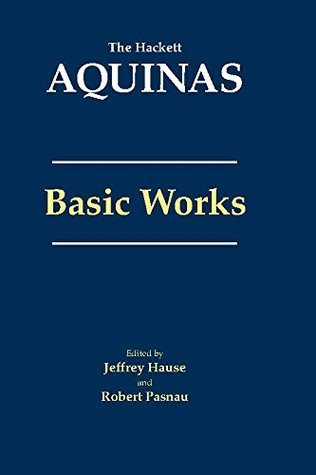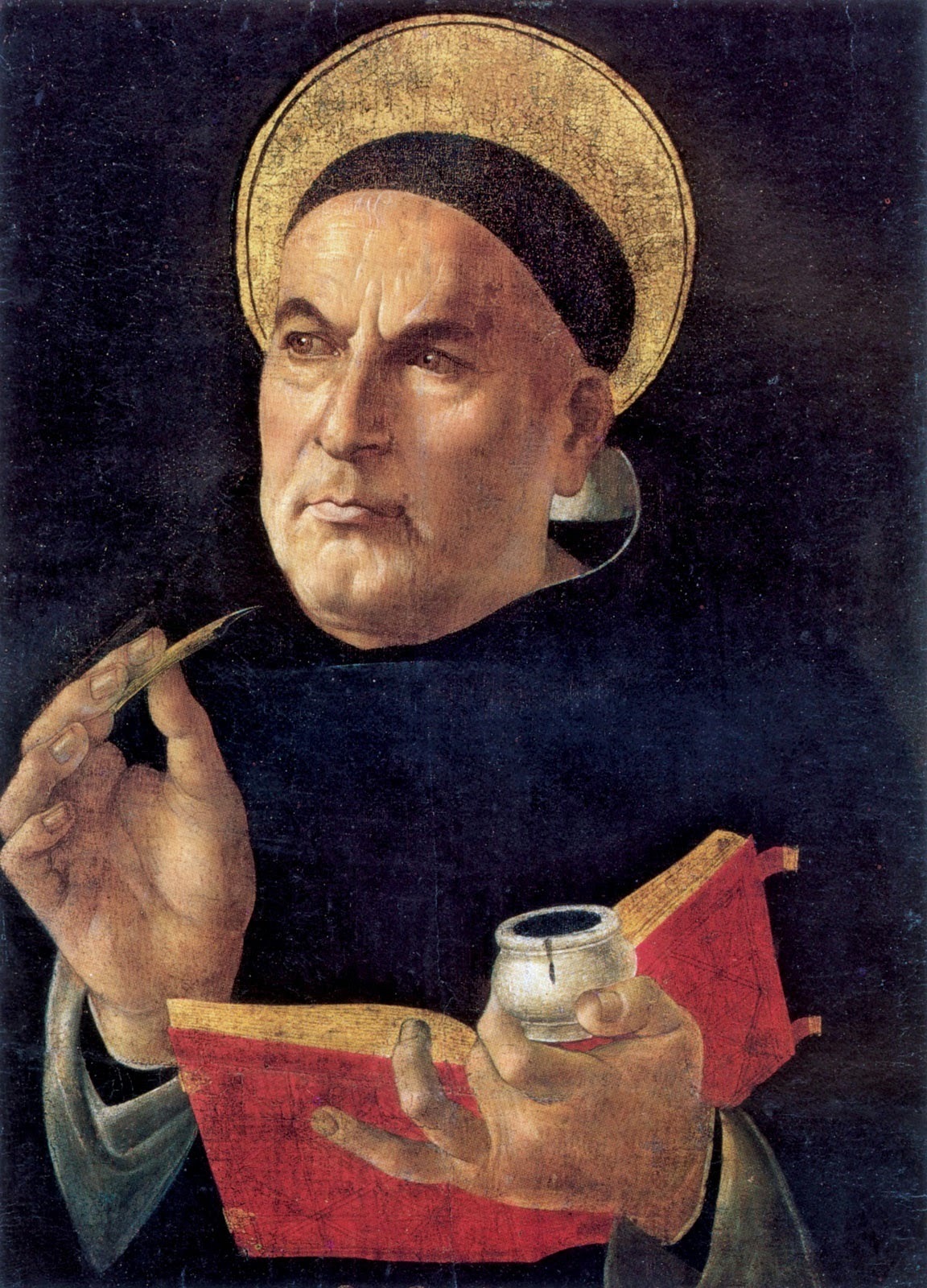
Drawn from a wide range of writings and featuring state-of-the-art translations, Basic Works offers convenient access to Thomas Aquinas' most important discussions of nature, being and essence, divine and human nature, and ethics and human action. The translations all capture Aquinas' sharp, transparent style and display terminological consistency. Many were originally published in the acclaimed translation-cum-commentary series The Hackett Aquinas, edited by Robert Pasnau and Jeffrey Hause. Others appear here for the first time: Eleonore Stump and Stephen Chanderbahn's translation of On the Principles of Nature, Peter King's translation of On Being and Essence, and Thomas Williams' translations of the treatises On Happiness and On Human Acts from the Summa theologiae. Basic Works will enable students to immerse themselves in Aquinas' thought by offering his fundamental works without internal abridgements. It will also appeal to anyone in search of an up-to-date, one-volume collection containing Aquinas' essential philosophical contributions—from the Five Ways to the immortality of the soul, and from the nature of happiness to virtue theory, and on to natural law.
Author

Philosophy of Saint Thomas Aquinas, a Dominican friar and theologian of Italy and the most influential thinker of the medieval period, combined doctrine of Aristotle and elements of Neoplatonism, a system that Plotinus and his successors developed and based on that of Plato, within a context of Christian thought; his works include the Summa contra gentiles (1259-1264) and the Summa theologiae or theologica (1266-1273). Saint Albertus Magnus taught Saint Thomas Aquinas. People ably note this priest, sometimes styled of Aquin or Aquino, as a scholastic. The Roman Catholic tradition honors him as a "doctor of the Church." Aquinas lived at a critical juncture of western culture when the arrival of the Aristotelian corpus in Latin translation reopened the question of the relation between faith and reason, calling into question the modus vivendi that obtained for centuries. This crisis flared just as people founded universities. Thomas after early studies at Montecassino moved to the University of Naples, where he met members of the new Dominican order. At Naples too, Thomas first extended contact with the new learning. He joined the Dominican order and then went north to study with Albertus Magnus, author of a paraphrase of the Aristotelian corpus. Thomas completed his studies at the University of Paris, formed out the monastic schools on the left bank and the cathedral school at Notre Dame. In two stints as a regent master, Thomas defended the mendicant orders and of greater historical importance countered both the interpretations of Averroës of Aristotle and the Franciscan tendency to reject Greek philosophy. The result, a new modus vivendi between faith and philosophy, survived until the rise of the new physics. The Catholic Church over the centuries regularly and consistently reaffirmed the central importance of work of Thomas for understanding its teachings concerning the Christian revelation, and his close textual commentaries on Aristotle represent a cultural resource, now receiving increased recognition.